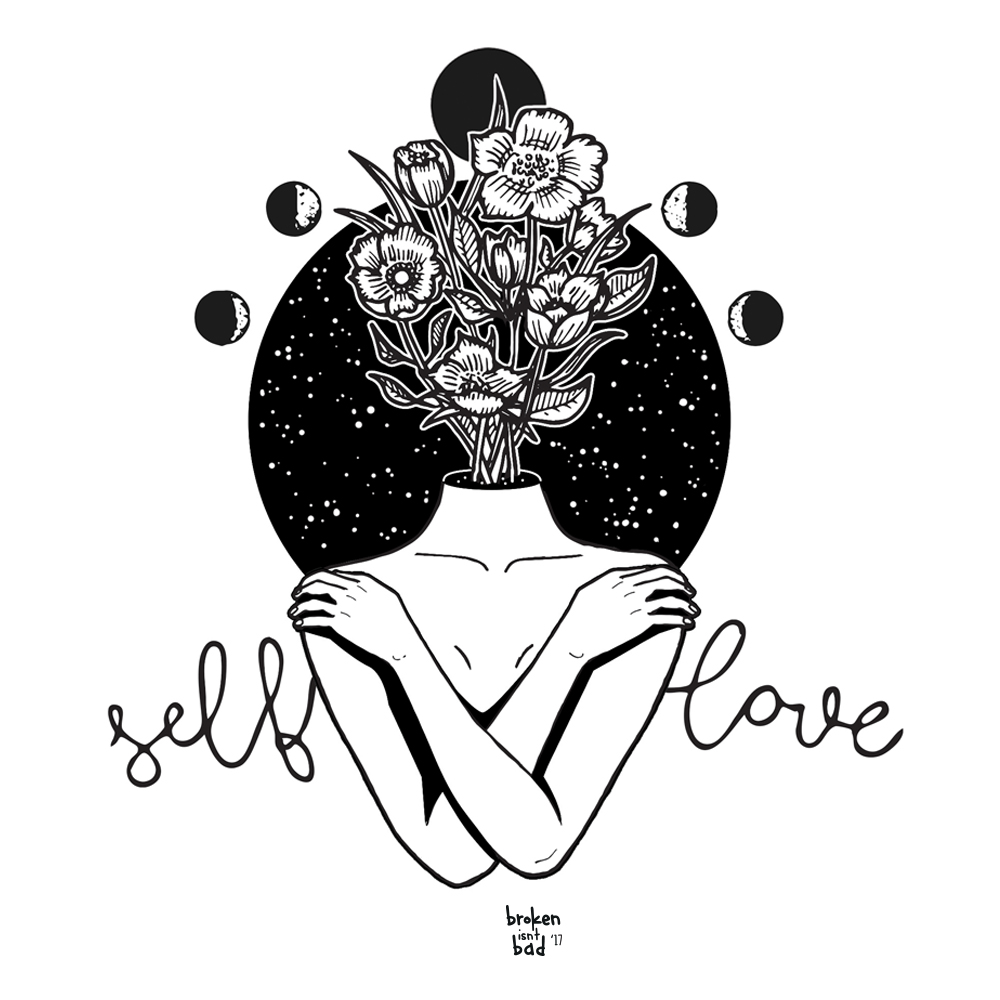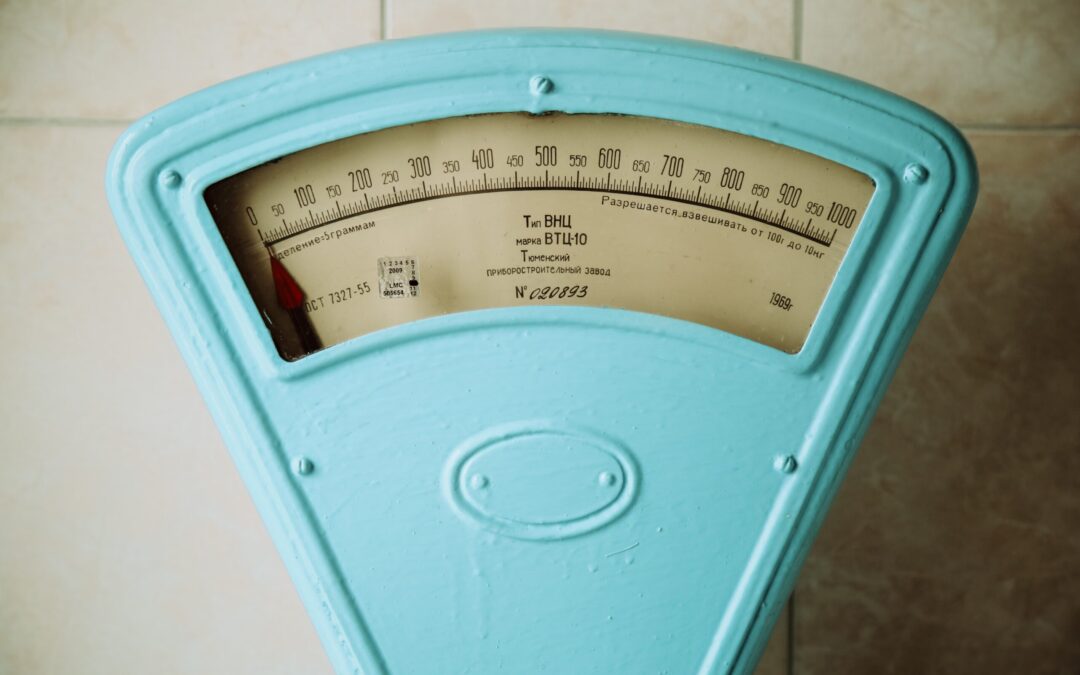What comes to mind when you imagine a healthy body? Most people envision tanned, skinny folks frolicking on the beach while drinking a green smoothie. However, that vision of health is largely a marketing ploy and is in serious need of updating. You don’t have to be thin to be healthy. In fact, striving after “thinness” may be unhealthy, as a bad body image can stress you out and seriously reduce your self-esteem. Instead, you should break the weight stigma and focus on finding a healthy weight for yourself. This is a far more sustainable approach and one which anyone can achieve.

Breaking Body Size Stigmas
What do you think when you look in the mirror? Most folks use negative descriptors to how they look and focus on the worst parts of their appearance. However, this weight stigma has been carefully orchestrated through media and advertisements over the decades.
Weight stigma is the orchestration of negative language, images, associations, and even research studies around larger bodies. Registered Dietitian Danielle Southern explains that “Weight bias is often perpetuated under the guise of ‘concern for your health’”.
People in your life, whether it be your family, friends, or even your healthcare providers, may say they care about your well-being when in reality, they’re simply feeding into the toxic cycle of weight stigma. In reality, weight bias has nothing to do with health and is not rooted in authentic care.
Instead, it doesn’t account for individual differences and is rooted in flawed assessments of physical health. Unfortunately, the stigmatization of larger bodies can lead individuals to normalize unhealthy behaviors in order to meet the standards built by weight stigma, which can eventually build into eating disorders like anorexia, body dysmorphia, and bulimia nervosa.
Breaking body size stigmas requires you to rethink your assessment of health and fitness. Instead of focusing on weight alone, consider turning to a wide array of metrics like V02 max, resting heart rate, muscular strength, and endurance. Body composition metrics should only be used if you have an understanding of what a healthy shape is for you. Aiming to match the physique of others will only lead to distress and discontent.
Mental Health and Body Image
Body image stigmas don’t just impact your physical health. Body dysmorphia and weight stigmas can have a profound negative impact on your mental health.
A recent meta-analysis of studies found that weight stigma and poor mental health are integrally tied. Researchers found that folks with a higher BMI had diminishing mental health due to negative associations with weight and well-being. This rang true across demographics, as the meta-analysis accounted for factors like income, age, gender, and support systems.
Overcoming body dysmorphic disorder requires a holistic approach to health and well-being. Consider working with a licensed therapist who can help you work through negative thought patterns. Therapy can help you overcome low self-esteem and weight stigma. A good therapist will understand your perspective and can help you establish more productive thought patterns.
[Related: Understanding How a Healthy Lifestyle Influences Mental Health]
Body Neutrality vs. Body Positivity
Body positivity can help you love the body you are in. The body positivity movement was designed to get folks to focus on the elements of their body that they like, rather than the bits they’d rather ignore. However, you may find that body positivity doesn’t work for you, especially if you’d rather not focus on the way you look, but rather, on the way you feel.
This is the key difference between body neutrality and body positivity. Body neutrality can be helpful if you find “positivity” to be disingenuous or if you struggle to love every aspect of your body. Neutral statements are easier to form, especially if you’re focused on how your body is feeling and operating rather than how you look and can set you on a path toward self-love.
Start by finding some things about your physical appearance that you like. This can be as simple as “I appreciate my belly for digesting all of my food properly” or “I’m grateful for my back that helps me complete yard work”. Simple statements can help you build up a genuine love of your body as it is.
Healthy Lifestyles and Body Image

Self-love-hug
When you stop trying to look like Terry Crews or Halle Berry, you’ll realize that you focus on lifestyle habits that actually improve your health instead of behaviors that perpetuate an unhealthy cycle of dieting or unhealthy eating behaviors. Consider behaviors like:
- Drink water before each meal to improve digestion;
- Replace sugary drinks with water or tea;
- Stretch every morning to alleviate muscle aches;
- Spend time outside when possible.
You don’t have to only eat salads for the rest of your life or do thousands of push-ups to be healthy. Small lifestyle changes can give you the energy you need to exercise more regularly and embrace the body you are in.
Conclusion
For years, we believed the lie that being thin was synonymous with being healthy. However, recent research shows that we all have our ideal body shape and that other metrics are more important assessments of health and well-being. So, consider working with a health professional who understands the importance of body neutrality and can help you work towards your health and wellness goals.

